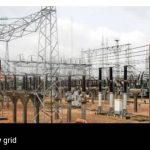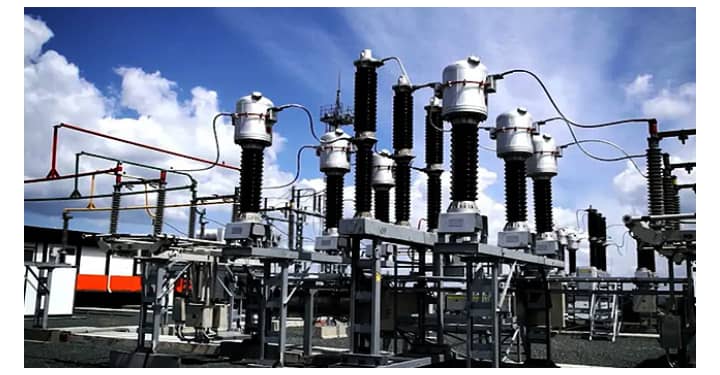Nigeria’s Power Grid Experiences Another Major Collapse, Plunging Electricity Supply to a Meager 42.7MW
In the latest setback for Nigeria’s power sector, the country’s national grid suffered yet another collapse, resulting in a significant drop in electricity supply. The incident occurred on Tuesday, causing power generation to plummet from a peak of 3,594.60 to a mere 42.7 megawatts (MW). This unfortunate event has further highlighted the persistent challenges faced by Nigeria in its efforts to provide stable and reliable electricity to its population.
The Power Crisis:
Nigeria’s power grid has been plagued by a series of collapses in recent years, severely impacting the nation’s energy supply. Despite being Africa’s largest economy and having abundant natural resources, Nigeria has struggled to meet the electricity demands of its growing population. The latest collapse underscores the urgent need for comprehensive reforms and sustainable solutions to address the country’s power crisis.
Consequences for the Population:
The recurring power outages have had a profound impact on the daily lives of Nigerians. The unreliable electricity supply disrupts businesses, hampers economic growth, and adversely affects the quality of life for citizens. Industries suffer from reduced productivity, while households face difficulties in accessing basic amenities such as lighting, refrigeration, and electronic devices. Additionally, the lack of electricity poses challenges to healthcare facilities, compromising the delivery of vital medical services.
Causes of Grid Collapse:
Several factors contribute to the vulnerability of Nigeria’s power grid. Insufficient investment in infrastructure, inadequate maintenance, and outdated transmission and distribution systems are key factors leading to frequent collapses. Additionally, challenges such as gas supply shortages, vandalism of power infrastructure, and inefficiencies in the power sector further exacerbate the situation. Addressing these underlying issues is crucial to achieving a stable and resilient electricity grid.
The Way Forward:
To overcome the persistent power crisis, Nigeria must prioritize a multifaceted approach. This includes investing in infrastructure development, upgrading transmission and distribution networks, and diversifying the energy mix by exploring renewable sources. Implementing effective regulatory frameworks and encouraging private sector participation can also promote competition, efficiency, and innovation in the power sector. Furthermore, raising public awareness about energy conservation and responsible consumption can help alleviate the strain on the grid.
The recent collapse of Nigeria’s power grid leading to a drastic reduction in electricity supply underscores the urgent need for comprehensive reform in the country’s power sector. It is imperative for the Nigerian government, industry stakeholders, and the international community to collaborate and take decisive action to address the challenges hindering the provision of stable and reliable power to the nation. By implementing sustainable solutions, Nigeria can pave the way for a brighter future with improved access to electricity, economic growth, and an enhanced quality of life for its citizens.







